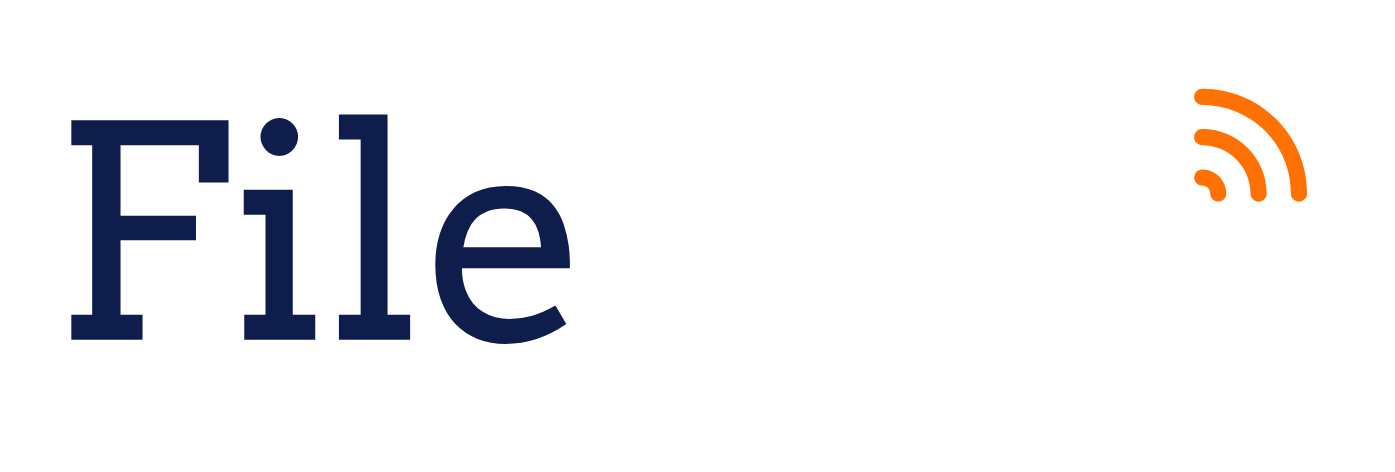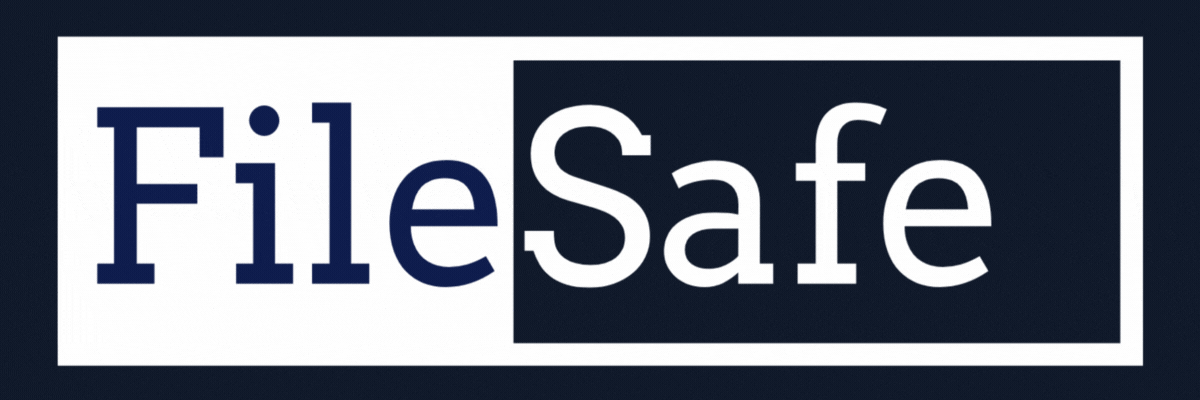A video hosting platform is a service that empowers video content providers to manage and deliver their videos to their audiences effectively. Some video hosting solutions offer insightful reports on video watch time, bandwidth consumption, and more.
There are two primary categories of video hosting providers:
- Secure Video Hosting Platforms
- Unsecured Video Hosting Platforms
Secure Video Hosting Platforms:
Certain video hosting platforms prioritize the secure hosting and distribution of your content. Unauthorized users cannot gain access to your video content, ensuring the protection of your data from potential theft and illegitimate distribution. Examples of secure platforms include Vimeo, Filesafe, and SproutVideo.
Unsecured Video Hosting Platforms:
Unsecured video hosting platforms offer unlimited uploads to a vast audience for free. However, they do not guarantee the security and protection of your content.Prominent examples include YouTube and Facebook.
The Importance of Security in Video Hosting
Security is paramount in video hosting, especially for video content providers, for several critical reasons:
1. Protecting Sensitive Content: As a video content provider, your videos may contain sensitive information, such as intellectual property, customer data, or confidential material. It is essential to safeguard this information from unauthorized access or misuse.
2. Preventing Piracy: Once your video is uploaded to a hosting service, it can be easily copied and distributed without your consent, potentially leading to lost revenue and harm to your brand.
3. Regulatory Compliance: Certain industries, such as healthcare and finance, are subject to strict regulations concerning sensitive data protection. By utilizing secure video hosting services, you can ensure compliance with these regulations.
4. Safeguarding Brand Reputation: If your videos are compromised or used for malicious purposes, it can severely damage your brand’s reputation. Implementing protective measures for your videos can help prevent such scenarios.
To safeguard video content from unauthorized access or misuse, video hosting services employ various security measures, including:
Encryption: Videos are encrypted before storage on the hosting service’s servers, making it challenging for unauthorized users to access the content.
Authentication: Users must authenticate themselves, typically through usernames and passwords, before accessing video content.
Access Control: Authorized users receive specific access privileges, often managed through role-based access control (RBAC) to define varying levels of access for different users.
Monitoring: Video hosting services continuously monitor their systems for suspicious activities, aiding in the detection and prevention of unauthorized access or content misuse.
Here are specific security measures you can take as a video content provider:
Choose a Reputable Hosting Service: Opt for a video hosting service known for its strong security measures, including encryption, authentication, and access control.
Use Strong Passwords: Create unique, robust passwords for your video hosting accounts and avoid sharing them.
Keep Software Updated: Regularly update your video hosting software to benefit from security patches.
Monitor for Suspicious Activity: Keep a vigilant eye on your videos for any unusual views or downloads and report suspicious activity immediately.
Consider Watermarks: Adding watermarks can discourage piracy by making it difficult to remove your branding from unauthorized copies.
Implement Encryption: Encrypting your videos enhances security by restricting unauthorized access.
Utilize a Content Delivery Network (CDN): CDNs help protect against distributed denial-of-service (DDoS) attacks.
Regular Backups: Frequently back up your videos to safeguard against data loss or corruption.
By implementing these security measures, you can fortify the protection of your video content against a variety of security risks.


